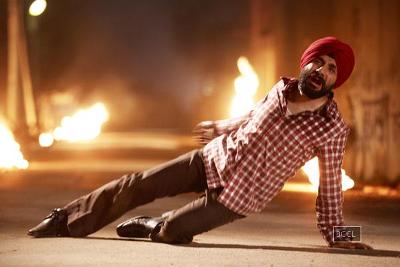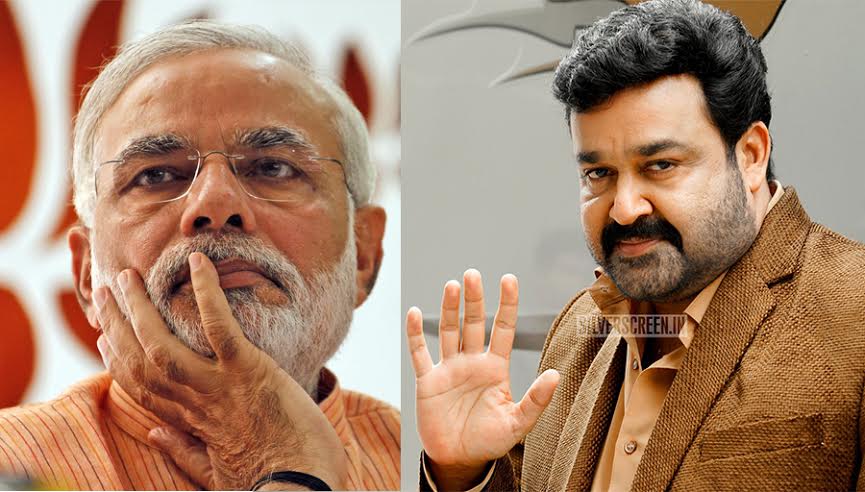31st October, a film based on the aftermath of Prime Minister Indira Gandhi’s assassination, has been cleared by the Censor Board after a four-month delay. Starring Soha Ali Khan and Vir Das, the film which deals with the plight faced by the Sikh community after the killing, was deemed controversial by the CBFC and initially awarded an ‘A’ certificate.
Though 31st October had its first official screening at the London International Film Festival last year, it took director Shivaji Lotan Patil and Producer Harry Sachdeva almost a year and ‘nine major cuts’ to see it certified with a ‘U’. “The censors insisted that some of the scenes and dialogue could instigate a particular community so it needed to be toned down,” Sachdeva said.
Patil attributes the delay in certification to the Revising Committee’s increasing list of demands. “The Revising Committee made us re-submit the film several times, trimming down scenes that they had issues with by six to seven minutes. All verbal abuses have been beeped, even something as common as ‘saala’ on several instances,” he added.
The CBFC, under Pahalaj Nihalani, has acquired a reputation of excessive censorship when certifying films that portray sensitive issues. And in this context, 31st October is hardly an isolated case. Films like Udta Punjab and Kathakali were awarded censor certificates only after legal intervention. Another film, Ka Bodyscapes was banned outright.
Recommended
Despite facing censure from the Bombay High Court and the Comptroller Auditor General for the ‘inordinate delay’ in certifying films and excessive censorship, the CBFC continues to take a hardline stand when it comes to the certification process.
Filmmakers are hopeful that the Shyam Benegal Committee report when implemented, will change the Censorship process a little.
Image Courtesy: Times of India


